In her fever dream record of her time covering the brutal Salvadoran Civil War in the 1980s, author Joan Didion noted that Salvadorans referenced numbers as ideas. She wrote, “…this is not a culture in which a high value is placed on the definite.” In what feels like a defiant contrast, a fight for recognition, and a plea to have their struggles properly documented, a new generation of LGBTQ+ activists in El Salvador focus on the tangibility of dates and are using their specificity as power.
“May 4, 2013,” begins Bianka Rodriguez, Executive Director of COMCAVIS TRANS, an advocacy group for the rights of LGBTQ+ Salvadorans, addressing our delegation from Madison, Wisconsin. The intense concision of the date takes the air out of the room, announcing the weight of the events of that day as a form of disclaimer.
This was the day the body of COMCAVIS TRANS founder Tania Vasquez was found. Vasquez had been tortured, mutilated, and raped for 12 hours before being killed with a shot in the head. Tania, who had been born on November 12, 1987, fell years short of the average 33-year-old life expectancy for a Salvadoran transgender person.
Violence like that against Ms. Vasquez has unacceptably become an expectation among transwomen in El Salvador. Where femicide is rampant—the Salvadoran government itself reported 67.4% of women have directly experienced violence—trans women are still nine times more likely to be victims of violence than cisgender women.
“We don’t keep suicide records of LGBTQ people here”, Rodriguez says. “It’s not a problem because we get killed instead.”
Carrying a torch through the storm
Rodriguez now carries the torch that was lit 10 years ago by Vasquez and others who sought to protect their community from an HIV/AIDS epidemic. The role requires a courage that she wears well, but her nerves show as she describes the circumstances that led to the exit of her immediate predecessor, Karla Avelar and, in turn, her leadership of the organization.
Avelar, who had earned international recognition and a nomination for the Martin Ennals Award for Human Rights Defenders, survived three separate assassination attempts before being granted asylum in Geneva, Switzerland. None of the threats or acts of violence were investigated by local authorities. The same was true of the traumatic 2017 kidnapping of Rodriguez herself, which she slips into the conversation.
The Wisconsin delegation, an effort of Madison-Arcatao Sister Cities Project, brought together advocates, community leaders, and lawmakers over issues of equality, migration, and health. We met with Bianka around a frosted glass conference table in a salmon-tinted room on the second floor of a building with a breeze coming through open balcony doors. A car, projecting distorted announcements in Spanish from its speakers, backfired almost on cue, making us flinch as the security protocol for the five staff members of COMCAVIS was explained. Safety measures, including constantly changing routes to and from work, are described as cameras peer down at the table, and a thick glass barn door with a PIN pad protects a closet of records on the individual COMCAVIS servers.
The room directly below our meeting overflows with mattresses and hygiene packages for those seeking shelter, piecemealed together from individual donations of condoms, toothpaste, and assorted travel products. Without local support, COMCAVIS’s programs to distribute condoms to sex workers, educate clinic and hospital staff on LGBTQ health issues, prevent the spread of STIs, and advocate to make El Salvador a better place for the trans community must rely on international aid. However, the Trump Administration’s recent revival of the global gag rule, blocking support for organizations that provide abortion referrals or advocate to decriminalize abortion, ensures that COMCAVIS will not receive federal support from the United States government.
El Salvador arguably has the strictest laws against abortion in the Western Hemisphere. It is common for poor women to be sentenced to decades in Salvadoran prisons for terminating a pregnancy, or even miscarrying while pregnant with a wanted child. There are no exceptions in cases of rape or incest, which is why COMCAVIS is invested in reform. The unconscionably common homophobic rape of lesbian women often results in forced pregnancies that then must legally be carried to term.
“Everyone wants to talk to us about reforming abortion law, but they don’t need to. It is already a priority of the FMLN”, says Damian Algeria, member of the National Assembly and the nation’s liberal party, FMLN. He blames political posturing from ARENA, their rival party.
The message may not be resonating. The international press raised hopes for abortion reform in the final days of a congress before a decidedly more conservative group took office on May 1, 2018. The inability of the government to act led to outrage. “El Salvador’s lawmakers have blood on their hands after declining to even discuss the reform to decriminalize abortion,” said Erika Guevara-Rosas of Amnesty International.
However, the offices of COMCAVIS have managed their expectations. “As long as we don’t have a real separation between church and state, we are light years away from legal abortion or equal rights in this country,” Rodriguez says. Her colleague, Rodrigo Mendoza, adds that any political backlash against FMLN’s inaction “has already happened, and it is the people that are suffering.”
Bringing it home
That suffering resonates thousands of miles away in Madison. Delegation members Rep. Chris Taylor and Dane County Immigration Specialist Fabiola Hamden sat rapt as the reality facing some undocumented Madisonians became more clear. The horrific conditions LGBTQ Salvadorans might be forced to return to no doubt impacted their incredible advocacy in the wake of September’s ICE raids that saw 83 immigrants arrested across the state.
Sen. LaTonya Johnson also listened carefully as she pet the COMCAVIS office dog, a long-haired dachshund. The plight of the trans community takes on a different form for her constituents, some of whom live in the poorer areas of Milwaukee. However, the necessity to educate those providing government services on the specific needs facing trans people, specifically youth, knows no borders.
A 12-year-old trans girl had been placed in a group home in Sen. Johnson’s district through Wisconsin Department of Children and Families. Assuming that the child would take advantage of the house’s open door policy to seek income through sex work, the WI-DCF prescribed PrEP, a pill that will decrease the likelihood of transmitting HIV if taken regularly. The prescription, however, had been failed to be filled or properly explained to the child, who instead assumed that the prescription meant that she had already contracted AIDS. This misunderstanding fed further into a cycle of engagement in dangerous behavior, which Sen. Johnson believes would have been avoided with proper training and resources for those responsible for the child’s care.
What COMCAVIS lacks in access to resources like PrEP, they make up for with organizing and relationships. The local health department only provides funds to give 144 condoms for each sex worker with whom they can connect per year, but they are all distributed within months. Individual recipients know to return to the COMCAVIS office when they run out, in case they receive a private donation of additional condoms.
Despite the endless threats and battles ahead, Rodriguez remains resilient and optimistic. She bookended our conversation with another important date: July 5, 2018, the organization’s 10th anniversary. The light in her eyes focused and, for a second, all anyone could see was a safer, healthier, stronger July 5, 2028.
Find out more about COMCAVIS TRANS at comcavis.org.sv.

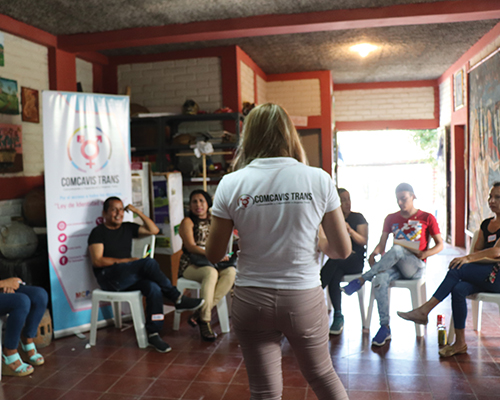

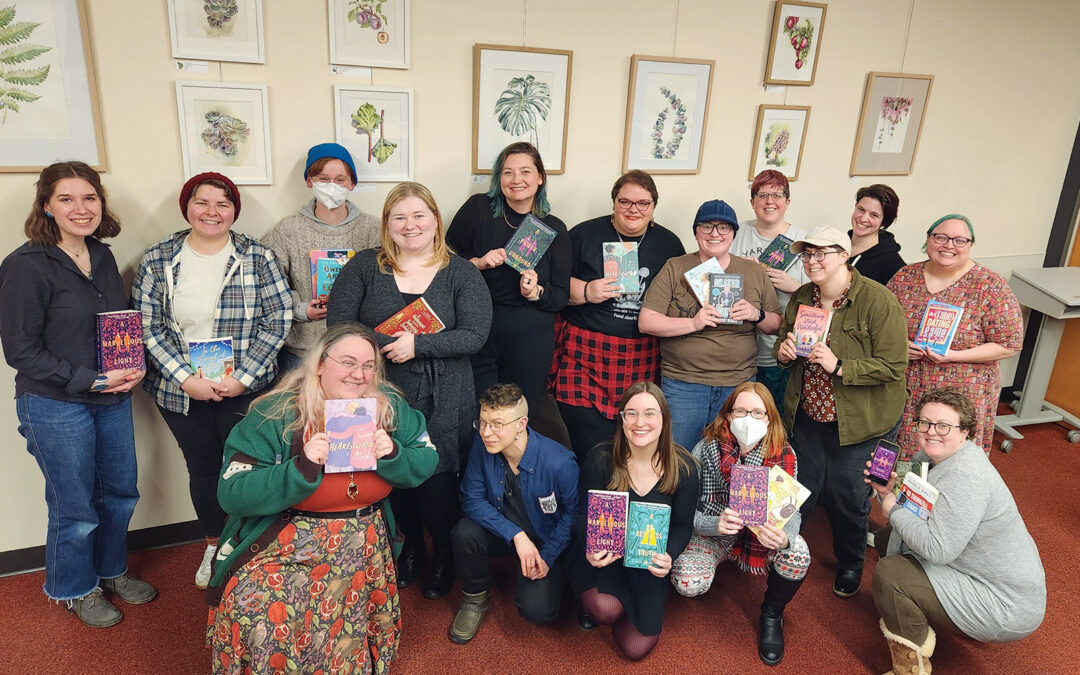
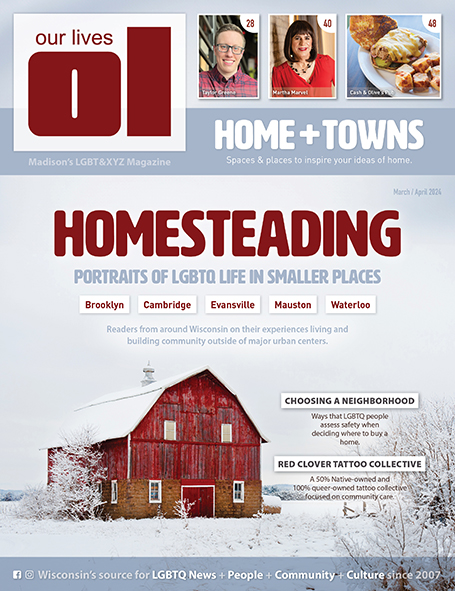
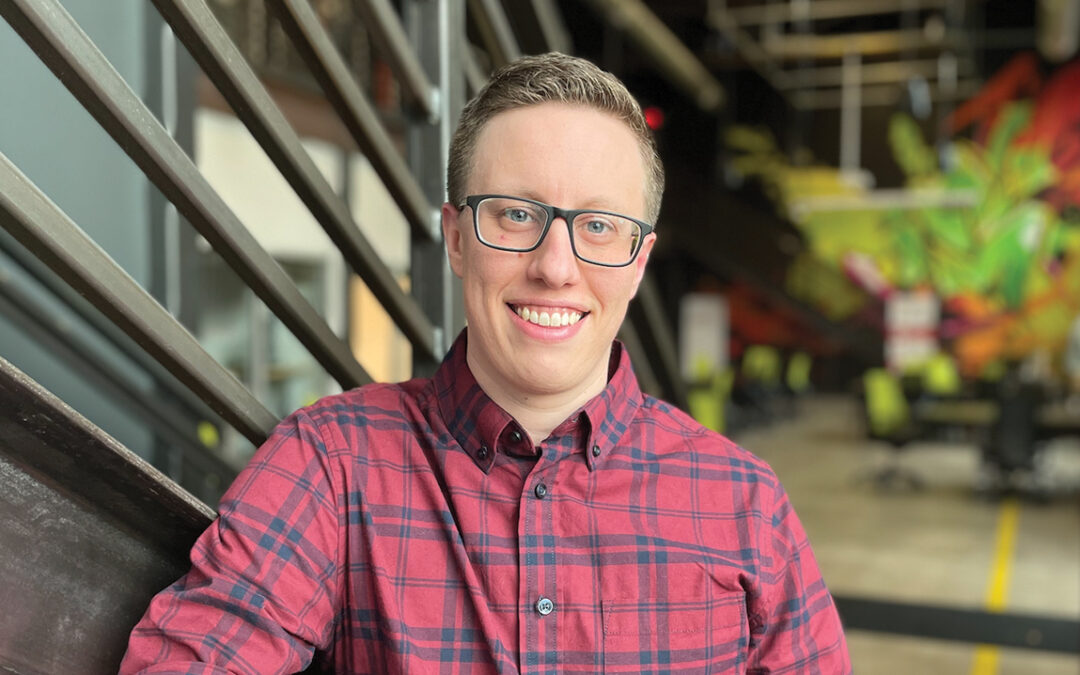
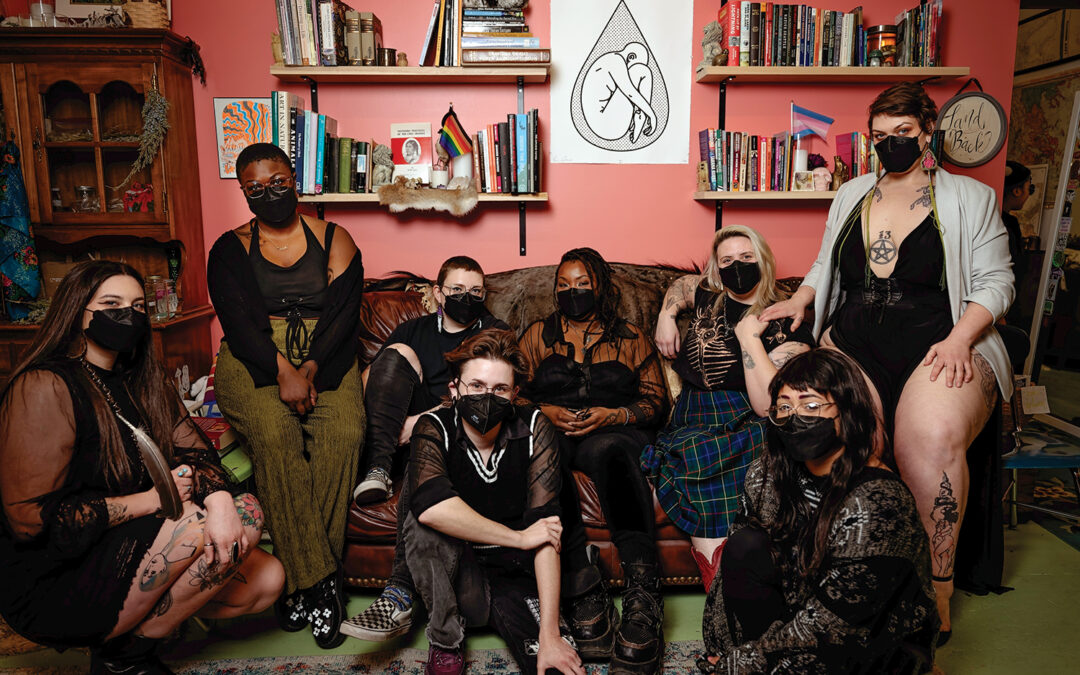
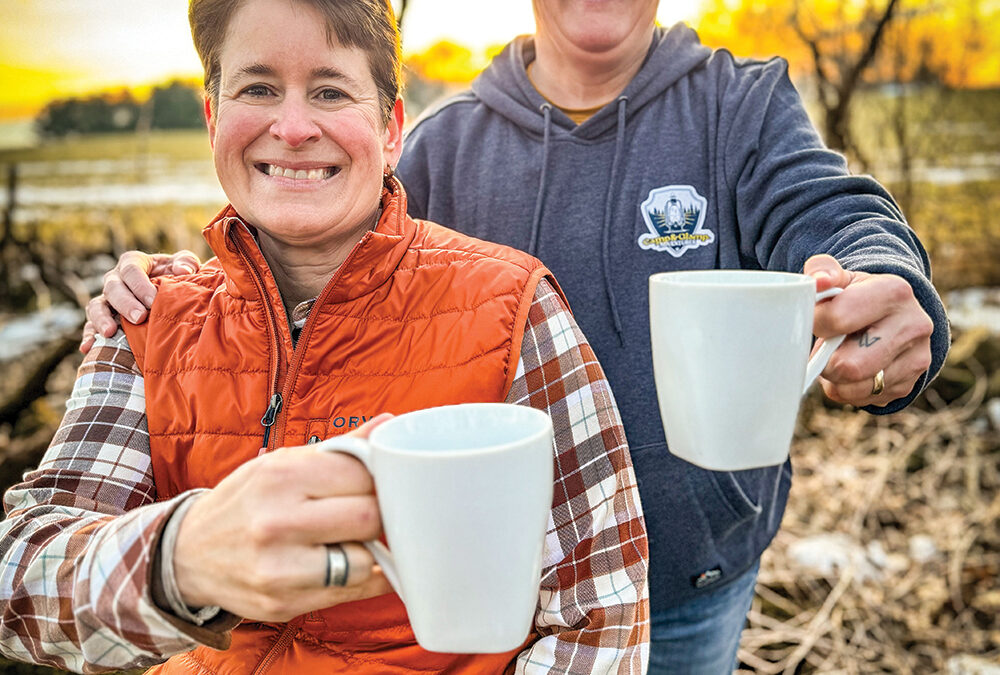
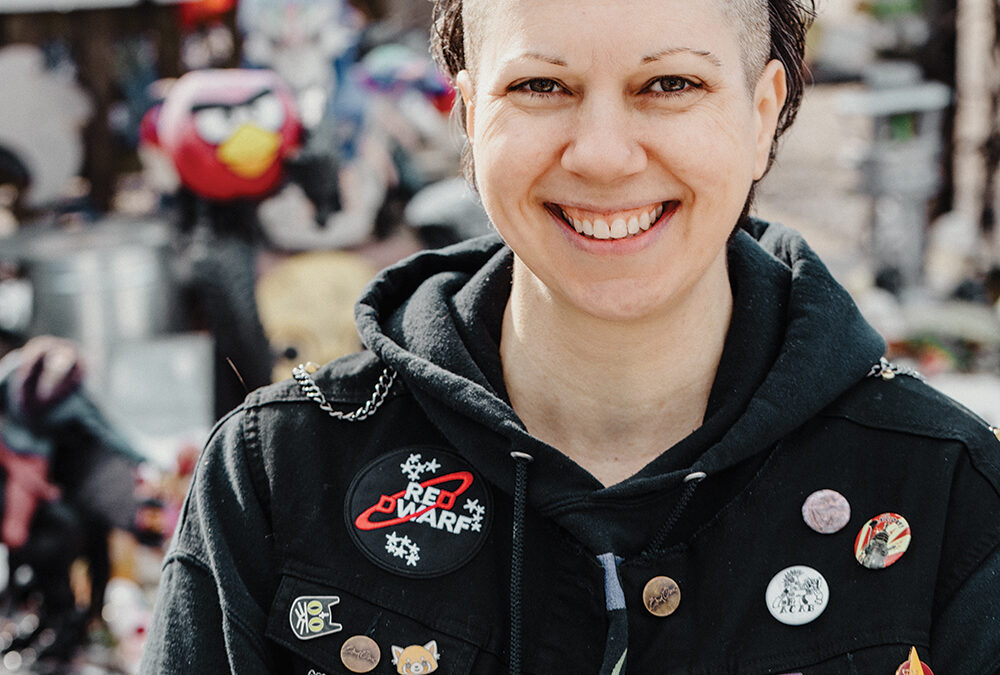













0 Comments